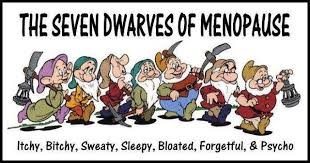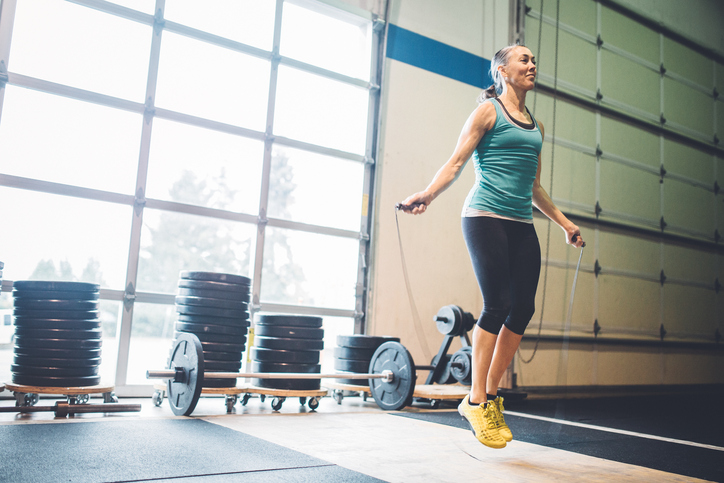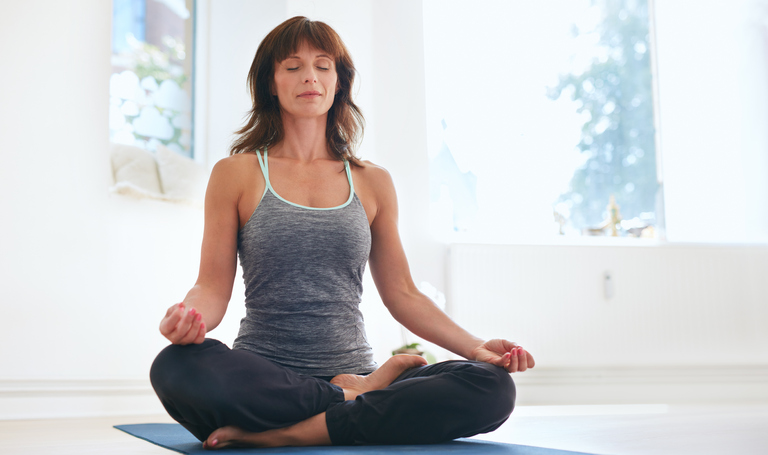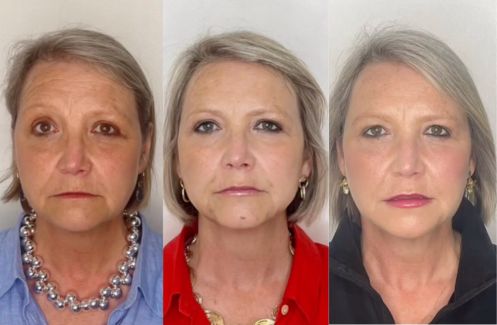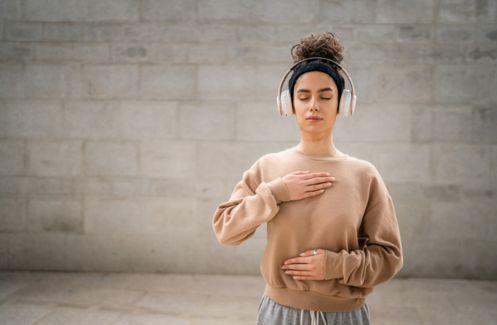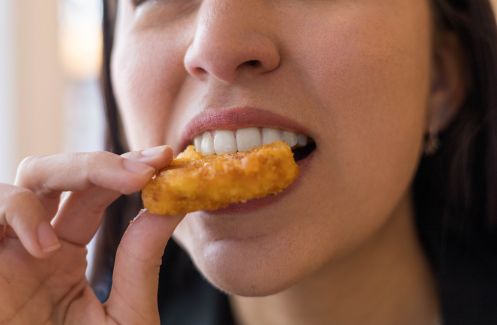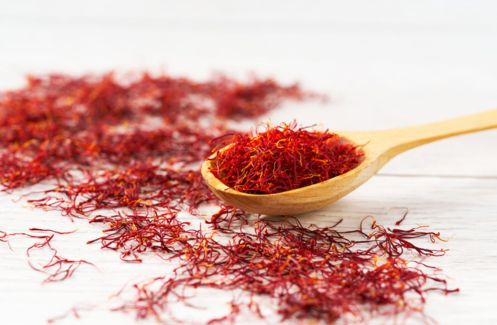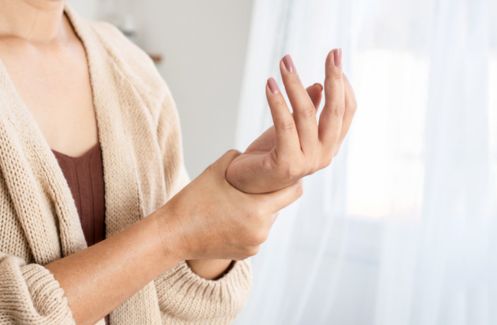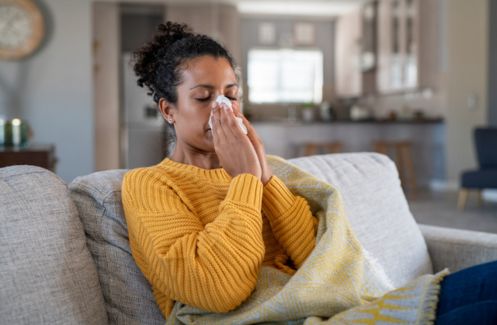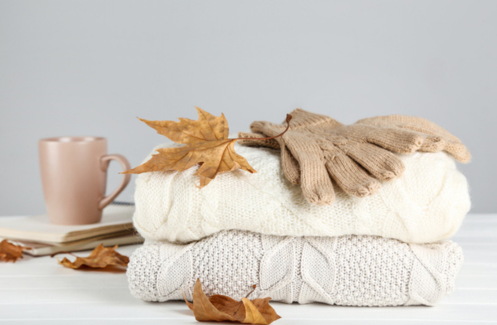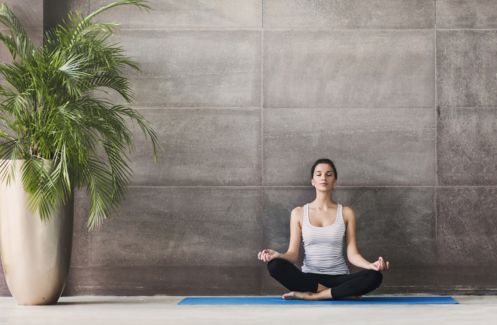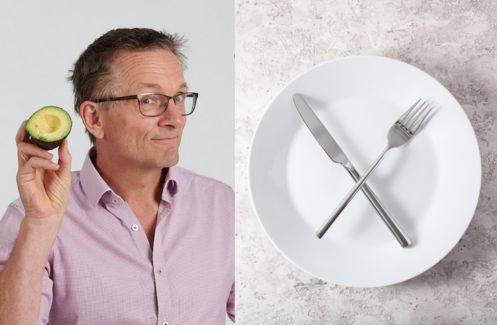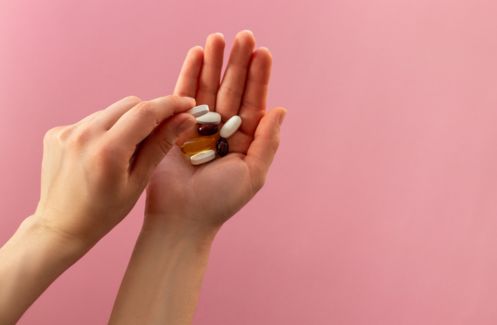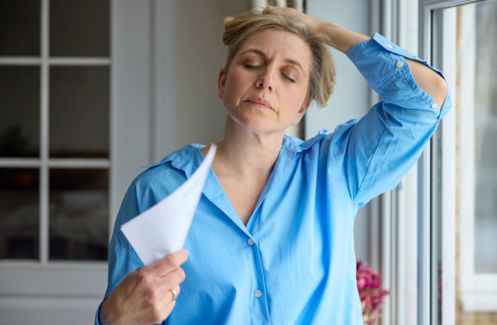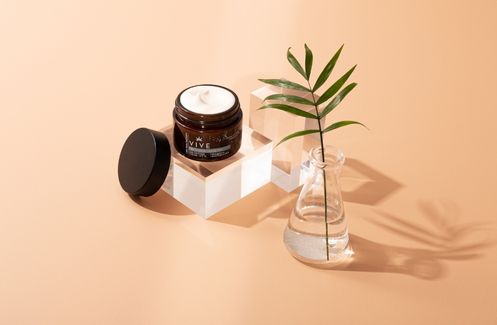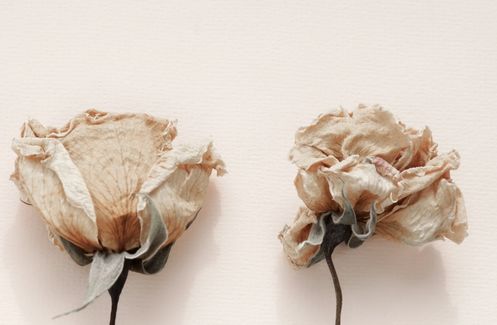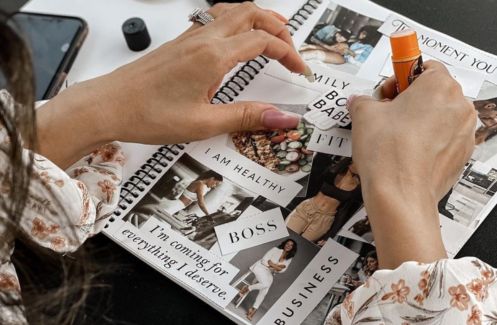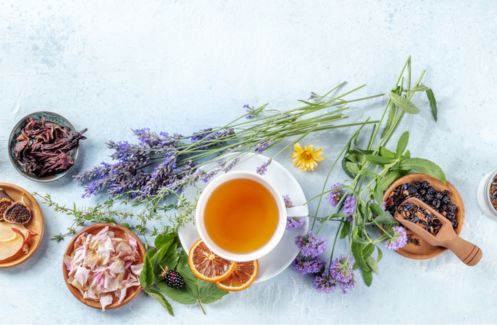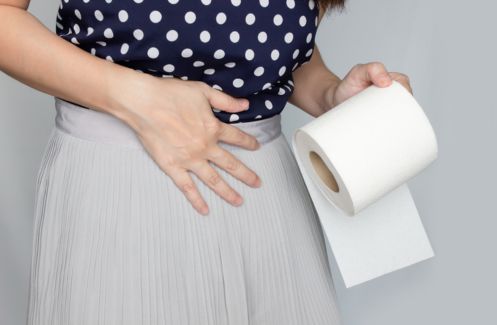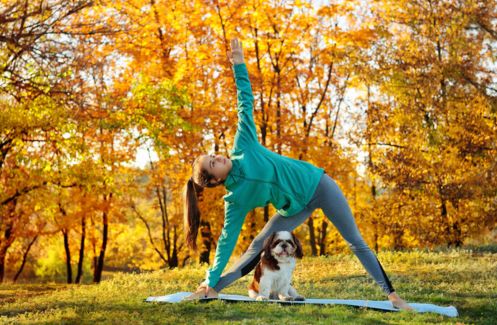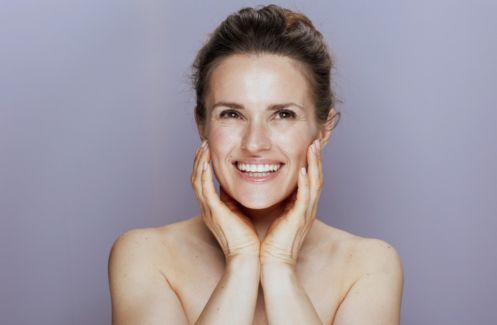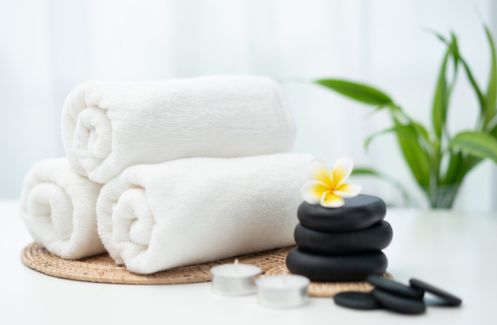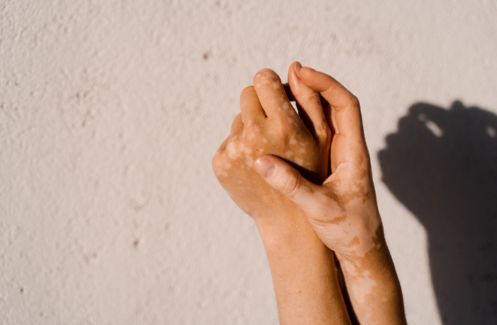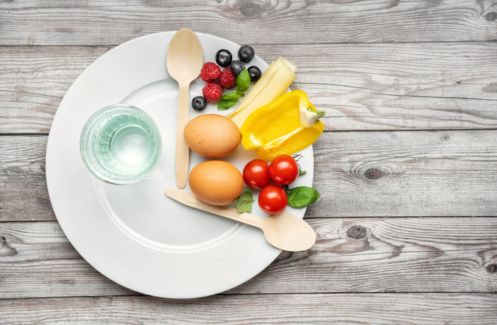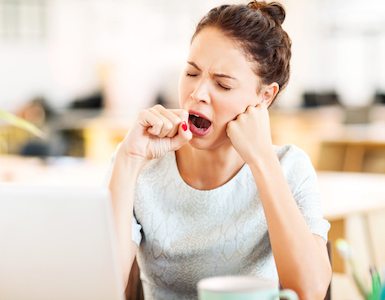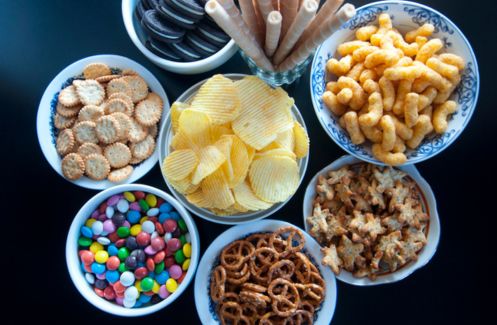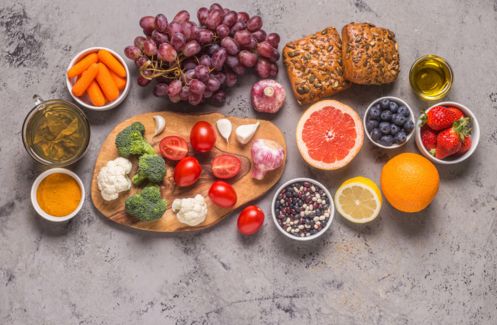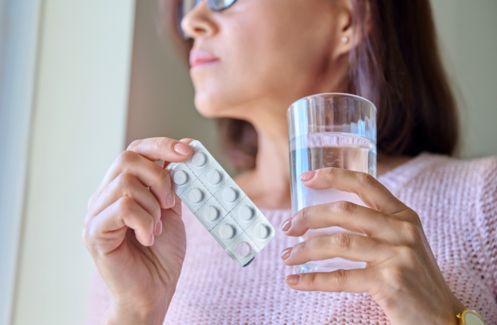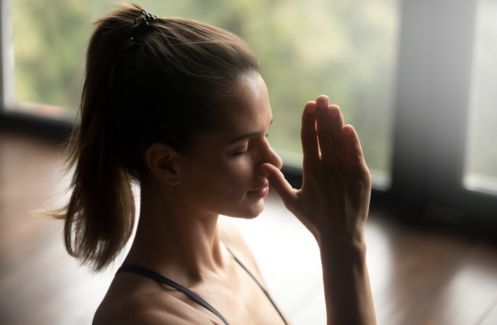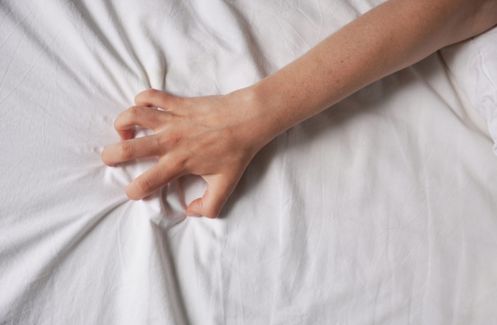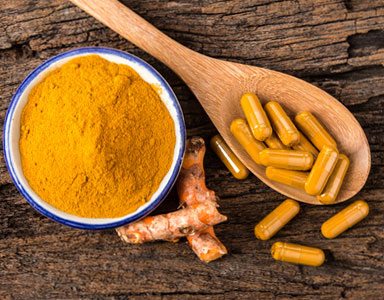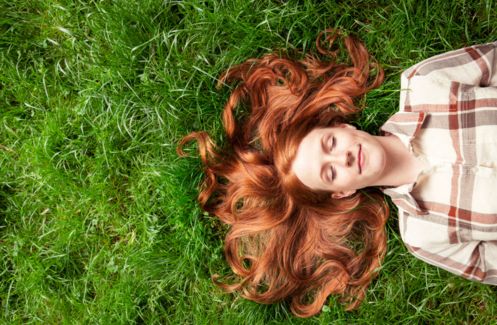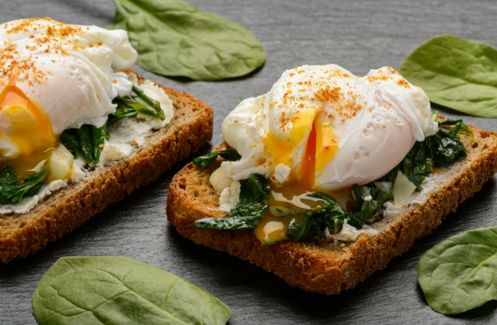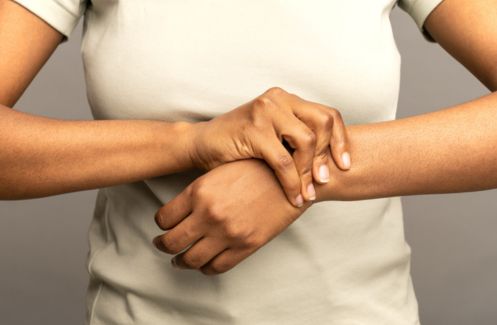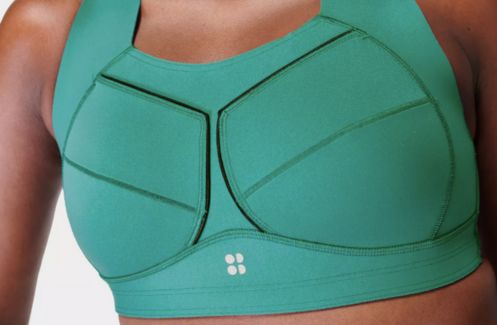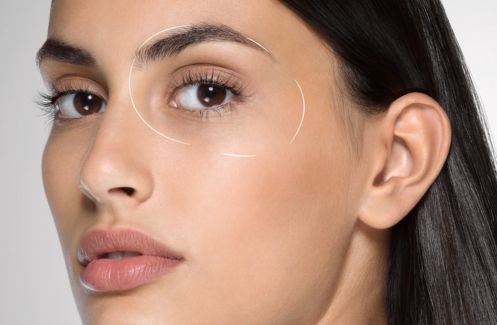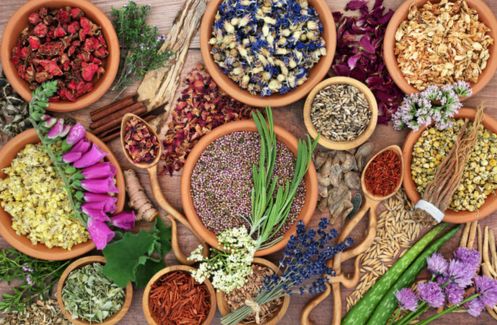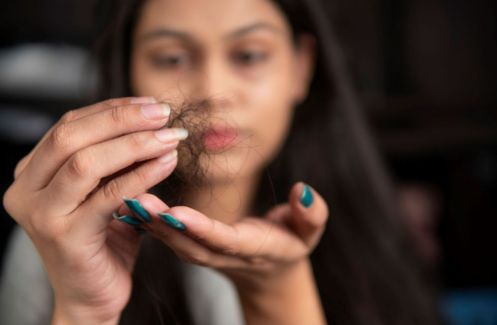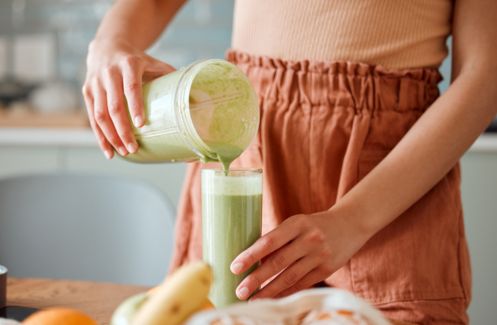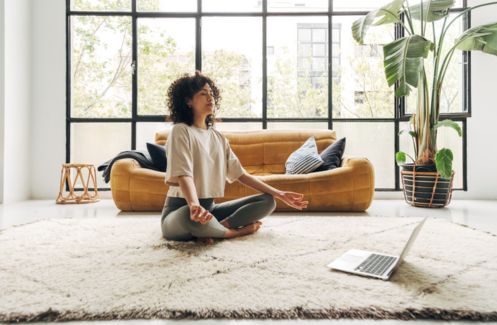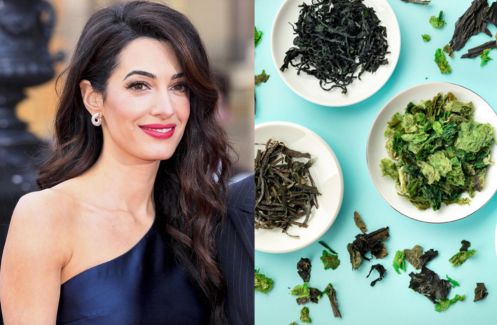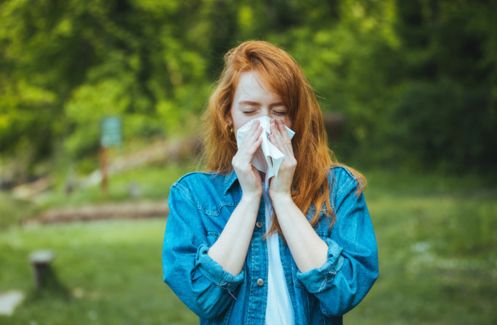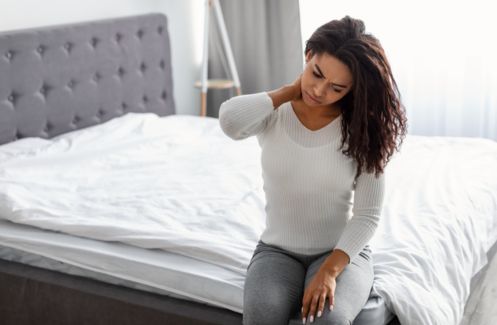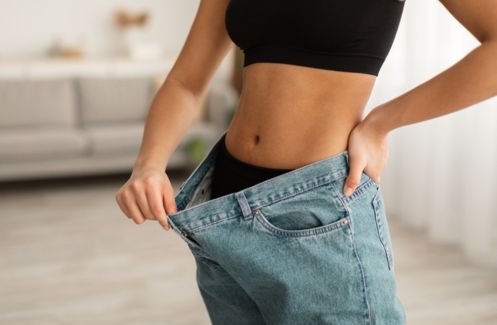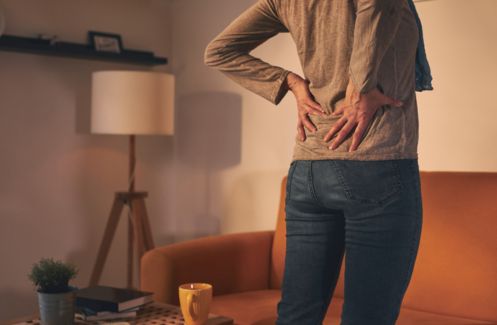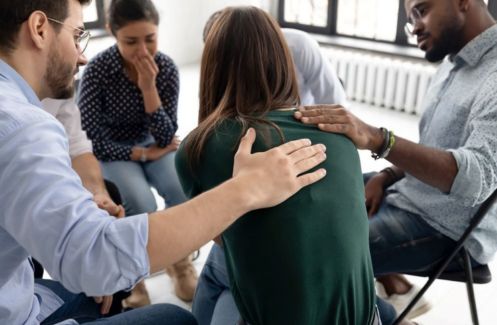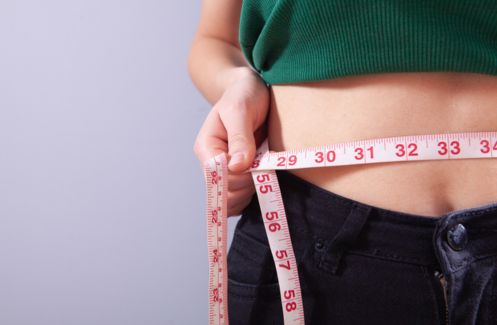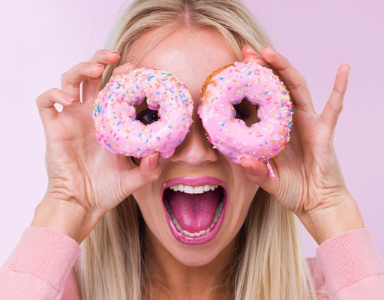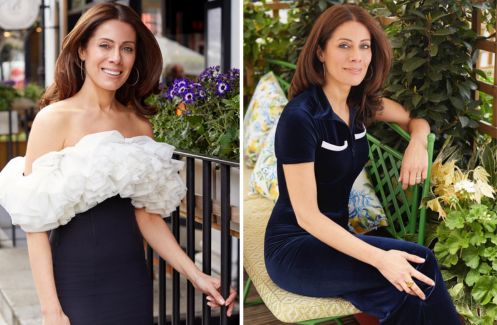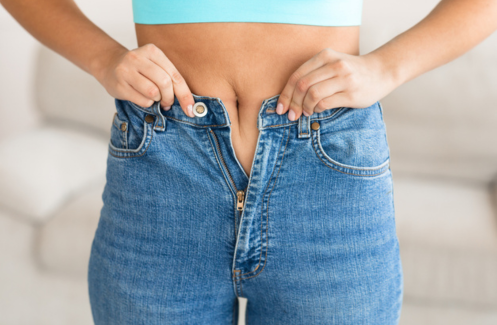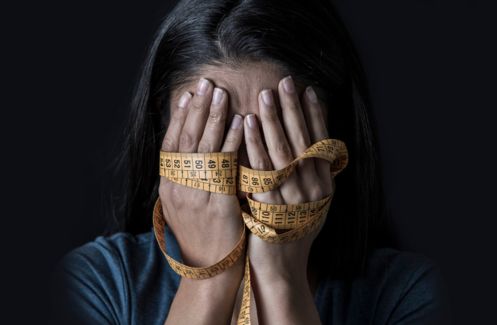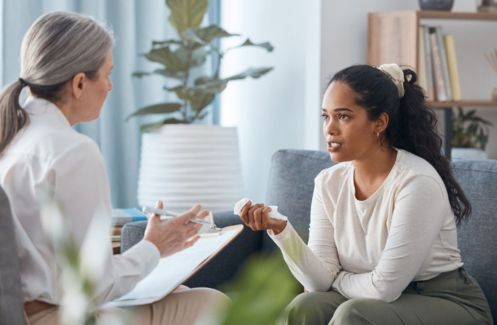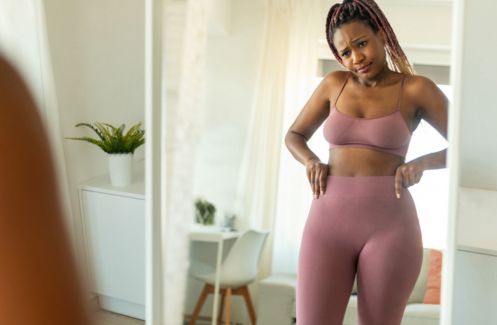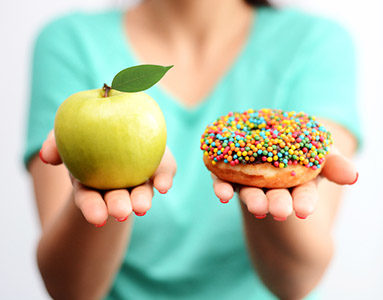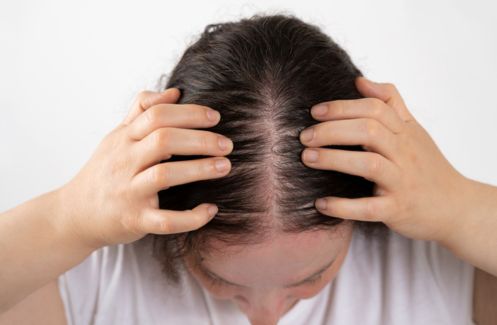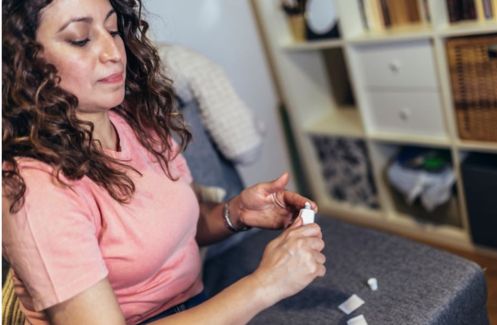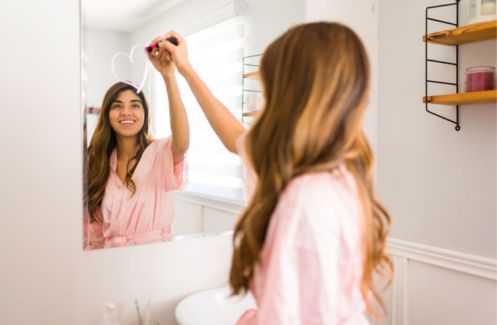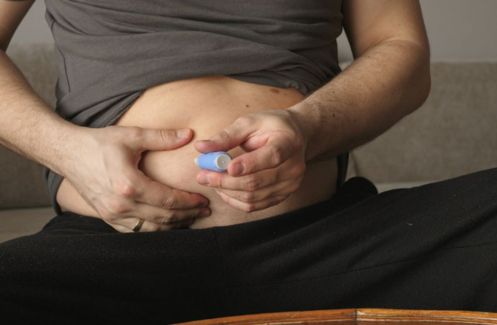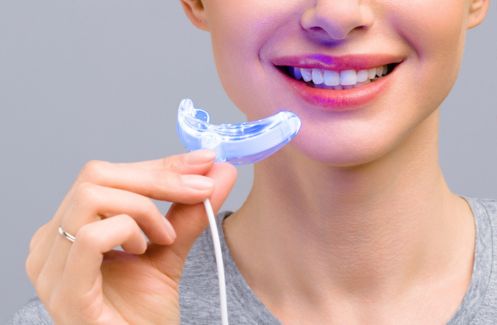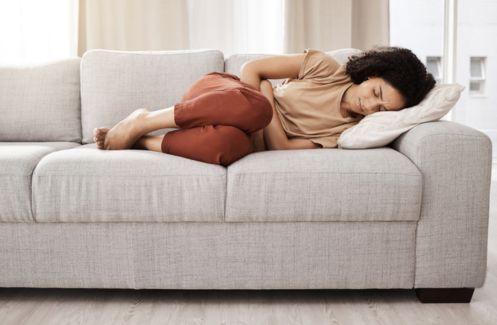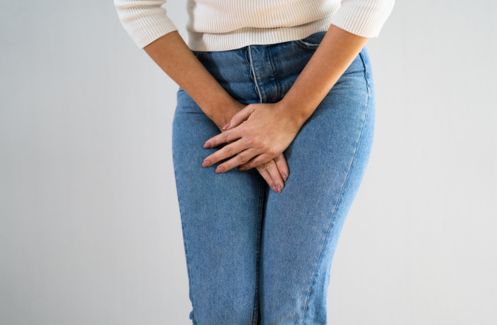Symptoms of the perimenopause can begin in your thirties. Top gynaecologist Dr Gabrielle Downey shares how to face a period of time when your body is noticeably changing in the lead up to the full menopause
So what is the perimenopause? The perimenopause is the time leading up to the full menopause, and can start as early as the mid-thirties. The menopause is when ovaries stop producing eggs altogether. This starts gradually from much earlier than the actual menopause with many women experiencing ‘anovulatory cycles’, that is, periods when you did not ovulate that month.
Changes in the brain results in symptoms commonly associated with the menopause
An understanding of the perimenopause helps you prepare for the real thing (the menopause). There is a shift in balance between oestrogen (the hormone of the first half of the cycle and progesterone, the hormone of the second half. Oestrogen causes the lining of the womb to grow and, once you ovulate, progesterone takes over and matures the lining to prepare for an egg to implant and grow.
As you approach the full menopause oestrogen levels start to drop. This causes our brain to produce a hormore called Follicle Stimulating Hormone (FSH), in the hope that the ovaries will produce oestrogen and eggs again. It is these changes that results in symptoms commonly associated with the menopause, such as:
- Hot flushes
- Breast tenderness
- Worsening premenstrual syndrome
- Lower sex drive
- Fatigue
- Irregular periods
- Vaginal dryness; discomfort during sex
- Urine leakage when coughing or sneezing
Yes, there is a reason for all this! The signs start and you become…
MORE: 10 perimenopause symptoms that could explain your moods, aches and low libido
As hormone production from our ovaries reduce, we produce oestrogen, progesterone and testosterone at other sites in the body such as the adrenal glands, body fat, the skin and the brain. These are at lower and variable levels than those of our ovaries and thus we notice variable symptoms. The amount of hormones produced from these sources varies from person to person, too.
To try and rebalance ourselves as a result of these hormonal changes we can look at lifestyle changes.
1. Exercise
Regular physical activity can prevent weight gain by burning fat. This fat burning is important as the oestrogen drop results in a loss of muscle and an increase in body fat – yes there is a hormonal reason for middle-age spread! Even slight increases in physical activity can help prevent this weight gain.
An added benefit from this fat reduction is an associated reduction in oestrogen-related cancers as well as osteoporosis (thin bones). Weight or resistance training using weights (dumb bells or weight machines) or resistance bands to build up the strength of our muscles and bones is an excellent way of protecting our bones. Regular physical activity can reduce the risks of heart disease, give you energy and lift your mood. The exercise does this by releasing “endorphins” in your body to give a natural “high”.
MORE: This workout can REVERSE ageing and it can take just five minutes
Cardio exercise helps the heart and fat. The best is a combination of low impact aerobics such as swimming, cycling and rowing but you can have fun in aerobics and dance classes which have the same effect. Strengthening exercises such as weights and Pilates builds up our bones and muscles.
Whatever you do, it has to be right for you! Make little change e.g. – if you do no exercise (and let’s face it that is most of us), start walking. If you walk, walk faster! If you actually do go the gym then change your program. Whatever you do be realistic – you will not do a marathon in the first month. Whatever you do try and do it 3 times a week.
2. Relax
Relaxation is also important, especially for those women where anxiety and poor sleep patterns are major symptoms. Increased aerobic exercise protects against osteoporosis and helps with a sleep pattern. Yoga and Pilates can decrease sweats and flushes.
MORE: How to meditate for beginners – a free interactive series – week 1: Mindfulness of breathing
3. Homeopathy
Homeopathy or ‘natural’ approaches have some benefits. Soy may help as it has ‘natural oestrogen’. Fruit and veg such as beans, nuts and whole grains will help the digestive system, which can become quite sluggish in your 30s and 40s.
Many people chose herbal medicine to avoid the side effects of prescription drugs and because it can help to treat health conditions while also supporting and nourishing the body. These foods include fermented soya (miso, soy sauce, tempeh), lentils, chickpeas, hummus, garlic, celery, linseeds, sunflower and sesame seeds, alfalfa, mung beans, beansprouts, sage, fennel and parsley.
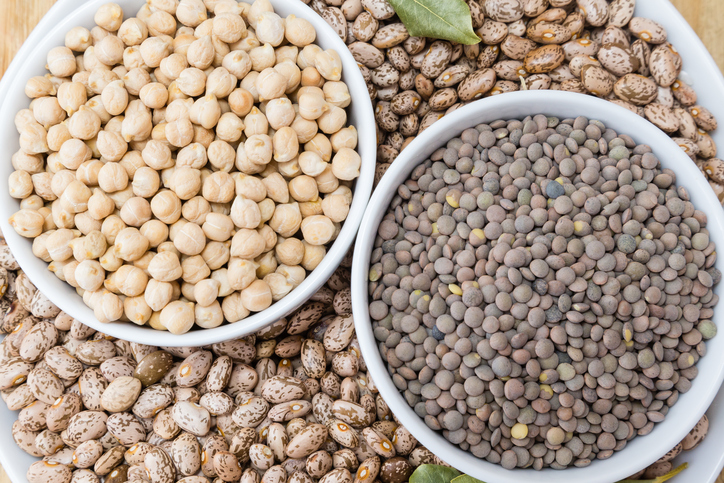
Red Clover is an herb containing phytoestrogens called isoflavones and has been associated with a significant reduction in hot flushes when compared to placebo. Agnus castus has also been shown to reduce hot flushes.
Some homeopathy can cause harm and are best avoided. Black Coash and Kava Kava can adversely affect the liver with Dung Quai and Ginseng interfering with important anticlotting medication. The worst culprit is St John’s Wort – it should be banned! It interacts with lots of medication the most important of which are the drugs that thin blood after heart attacks and strokes.
MORE: 13 natural sleep aids PROVEN by science
Always be aware that the herbal medicine market is largely unregulated and you should only buy your products from reputable retailers. Similarly acupuncture, reflexology, magnetism and vitamin E have all been touted as ‘cures’, but they have little if any benefit other than the placebo effect.
So face this stage of your life positively – the menopause is going to happen so embrace it and take the peri-menopausal phase as a positive one where you get fit, eat well and plan for the liberating 50’s! You are now at an age when you have achieved many of your life goals, you do not have to impress.
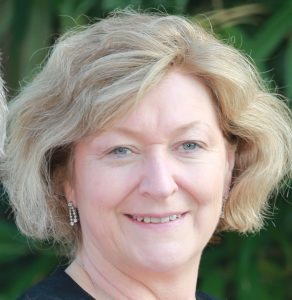
Click here to read more about Dr Downey.
READ MORE
The truth about caesarean sections – a doctor’s guide
From heavy bleeding to no periods – 3 menstrual problems and EXACTLY what your GP should do
Why sex hurts – the gynaecologist’s guide
Like this article? Sign up to our newsletter to get more articles like this delivered straight to your inbox.




